
Kigwena National Reserve: A Hidden Gem in Burundi
Nestled in the southwestern part of Burundi, Kigwena National Reserve is a lush sanctuary teeming with biodiversity. This expansive reserve is home to a variety of wildlife, including monkeys, antelopes, and a myriad of bird species. The dense forests and rolling hills create a picturesque landscape that is a delight for nature lovers and adventure seekers alike. Visitors to Kigwena National Reserve can enjoy guided tours through the forest, where knowledgeable guides share insights about the flora and fauna. The reserve is also an excellent spot for bird watching, with numerous bird species making it their home. The serene environment offers a perfect escape from the hustle and bustle of city life, providing a tranquil retreat where one can reconnect with nature. In addition to its natural beauty, Kigwena National Reserve plays a vital role in conservation efforts in Burundi. The reserve protects a significant portion of the country's biodiversity and offers educational opportunities for visitors to learn about the importance of preserving natural habitats. Whether you are an avid bird watcher, a wildlife enthusiast, or simply looking for a peaceful getaway, Kigwena National Reserve is a must-visit destination in Burundi.
Local tips in Kigwena National Reserve
- Wear comfortable walking shoes for the guided tours through the forest.
- Bring binoculars for bird watching to get a closer look at the diverse bird species.
- Visit during the dry season (June to September) for the best wildlife viewing experience.
- Consider hiring a local guide to enhance your understanding of the reserve's flora and fauna.
- Carry insect repellent to protect against mosquitoes and other insects.
Kigwena National Reserve: A Hidden Gem in Burundi
Nestled in the southwestern part of Burundi, Kigwena National Reserve is a lush sanctuary teeming with biodiversity. This expansive reserve is home to a variety of wildlife, including monkeys, antelopes, and a myriad of bird species. The dense forests and rolling hills create a picturesque landscape that is a delight for nature lovers and adventure seekers alike. Visitors to Kigwena National Reserve can enjoy guided tours through the forest, where knowledgeable guides share insights about the flora and fauna. The reserve is also an excellent spot for bird watching, with numerous bird species making it their home. The serene environment offers a perfect escape from the hustle and bustle of city life, providing a tranquil retreat where one can reconnect with nature. In addition to its natural beauty, Kigwena National Reserve plays a vital role in conservation efforts in Burundi. The reserve protects a significant portion of the country's biodiversity and offers educational opportunities for visitors to learn about the importance of preserving natural habitats. Whether you are an avid bird watcher, a wildlife enthusiast, or simply looking for a peaceful getaway, Kigwena National Reserve is a must-visit destination in Burundi.
When is the best time to go to Kigwena National Reserve?
Iconic landmarks you can’t miss
Bururi Forest Nature Reserve
Explore the breathtaking Bururi Forest Nature Reserve, a hidden gem in Burundi offering lush landscapes, diverse wildlife, and serene hiking trails for nature lovers.
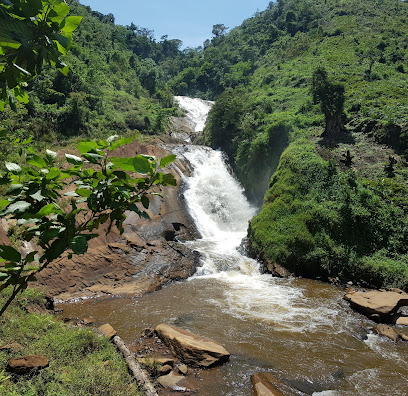
Kigwena
Explore the vibrant marketplace of Kigwena in Rumonge, Burundi, where local artisans showcase unique crafts and rich cultural heritage.
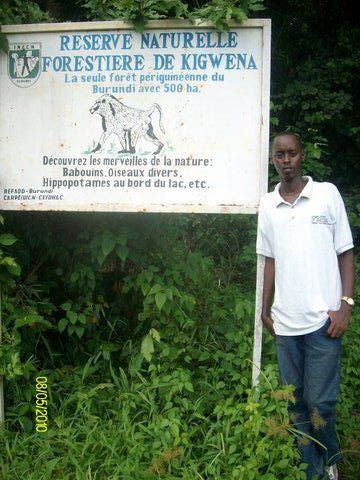
Unmissable attractions to see
Gombe National Park
Discover the wonders of Gombe National Park, a sanctuary for chimpanzees and a paradise for nature enthusiasts on the shores of Lake Tanganyika.
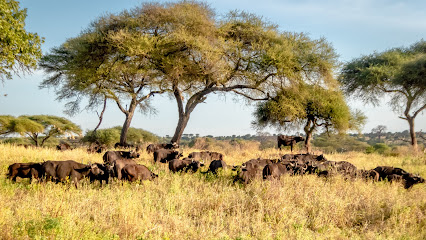
Sunstone Beach
Escape to Sunstone Beach in Rumonge: A lakeside resort offering tranquility, stunning views, and a private beach on the shores of Lake Tanganyika.
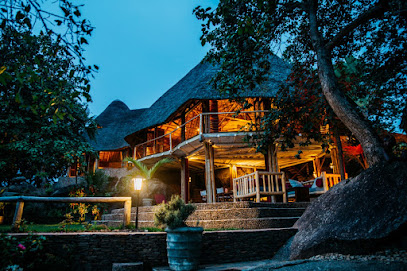
Livingston-Stanley Monument
Explore the Livingston-Stanley Monument in Gakungwe, a significant tribute to exploration and a gateway to Burundi's rich cultural heritage.
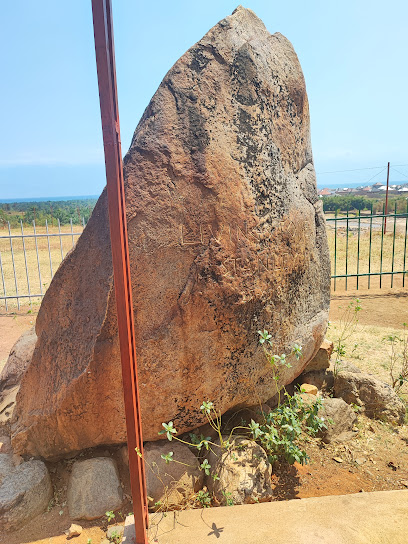
Ruvubu National Park
Explore Burundi's largest national park: a haven for diverse wildlife, birdwatching, and immersive safari experiences in a pristine natural setting.
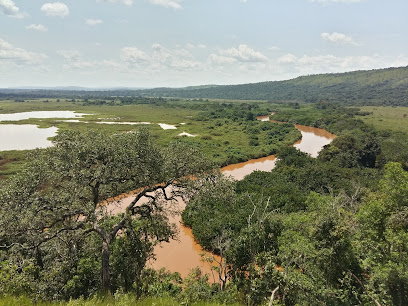
Bururi Forest Nature Reserve
Explore the lush beauty of Bururi Forest Nature Reserve, a hidden gem in Burundi, perfect for nature lovers and wildlife enthusiasts seeking tranquility.
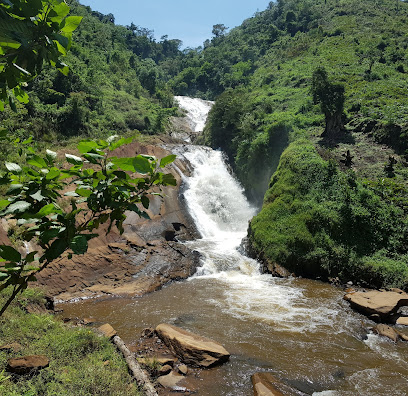
Mt Nyiragongo volcano
Explore the breathtaking beauty of Mt Nyiragongo, an active volcano with a mesmerizing lava lake in the heart of the Congo.
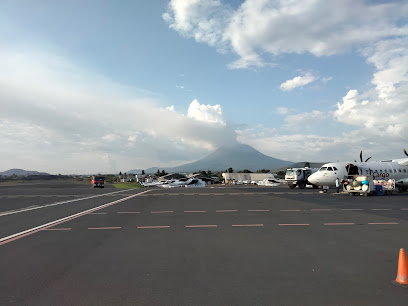
Kakombe Waterfall
Explore the serene beauty of Kakombe Waterfall, a hidden gem in Tanzania, where nature meets tranquility amidst lush landscapes.
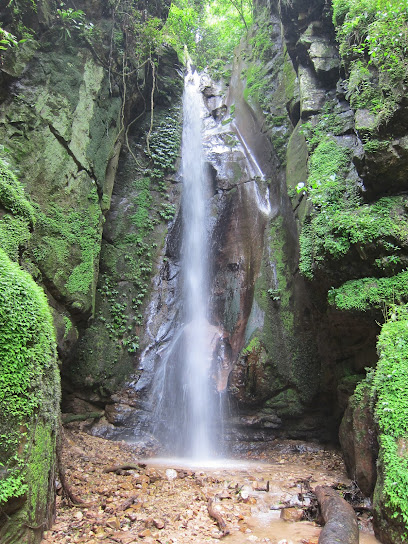
Essential places to dine
Le Café Gourmand
Discover the flavors of Bujumbura at Le Café Gourmand—where delectable pastries meet rich coffee in a cozy ambiance.
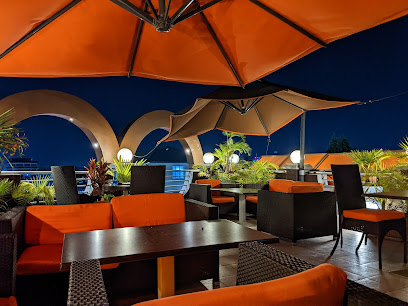
Waka Waka
Experience authentic Italian cuisine at Waka Waka in Bujumbura - where every dish tells a story of Italy's rich culinary heritage.
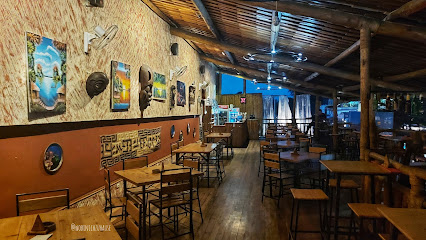
Vinothèque ZILLIKEN
Experience Bujumbura's premier destination for exquisite wines and delightful cuisine at Vinothèque ZILLIKEN.
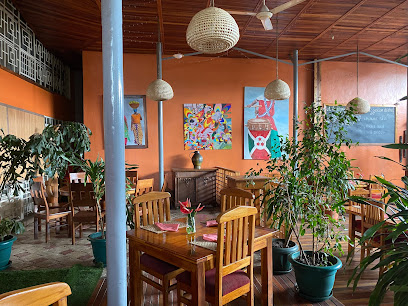
Harrys Grill House
Discover Bujumbura's best-kept secret at Harry's Grill House - where flavor meets tradition in every bite.
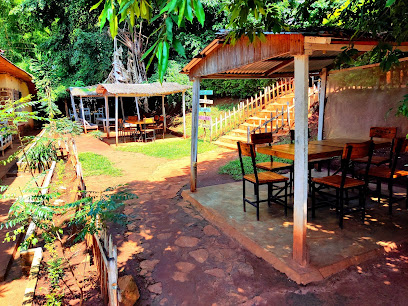
Pasta comedia
Experience authentic Italian cuisine at Pasta Comedia in Bujumbura—where every dish tells a story of tradition and flavor.
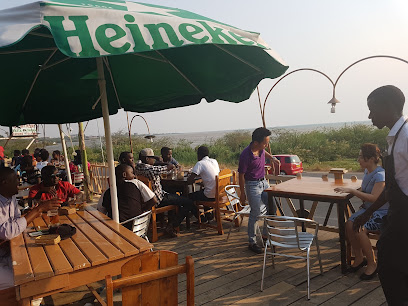
Belvedere Restaurant
Discover exquisite dining at Belvedere Restaurant in Bujumbura - where local flavors meet stunning views.
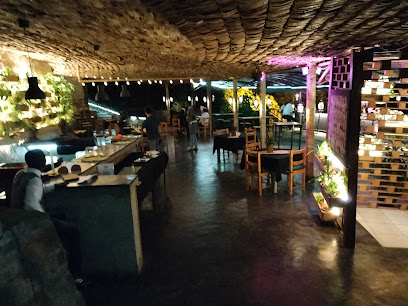
Kibira Park Lodge
Discover tranquility at Kibira Park Lodge, where comfort meets nature amidst breathtaking landscapes in Burundi.
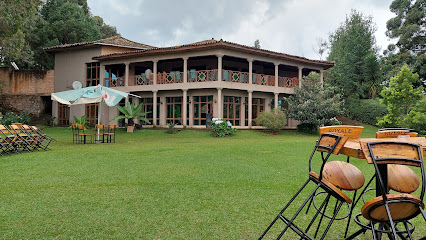
KEZAMIA Restaurant
Discover the flavors of Burundi at Kezamia Restaurant - where delicious cuisine meets a tranquil natural setting.
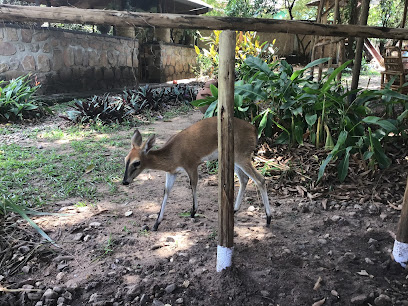
Eden Garden Resort
Discover culinary bliss at Eden Garden Resort, where exquisite flavors meet stunning garden views in Bujumbura.
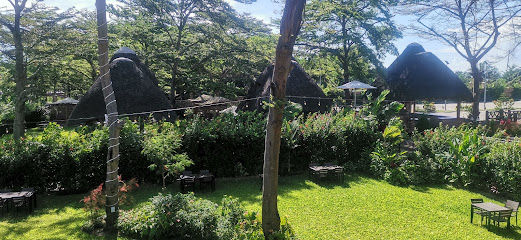
Restaurant Bar Meteo
Experience Bujumbura's culinary delights at Restaurant Bar Meteo, where local flavors meet vibrant nightlife.
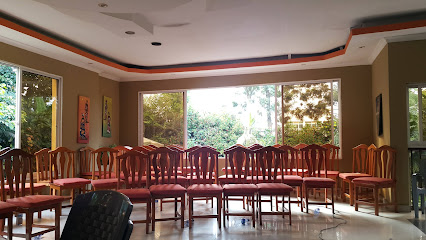
Restaurant Oasis
Discover the vibrant flavors of Burundi at Restaurant Oasis - where local cuisine meets warm hospitality.
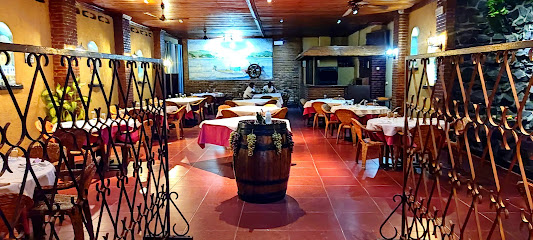
Restaurant Tanganyika
Experience authentic Burundian cuisine at Restaurant Tanganyika while enjoying breathtaking views of Lake Tanganyika.
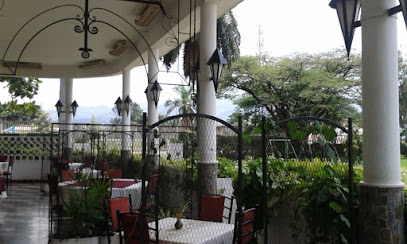
Kanowe
Experience authentic Burundian cuisine blended with international flavors at Kanowe, Bujumbura's culinary delight.
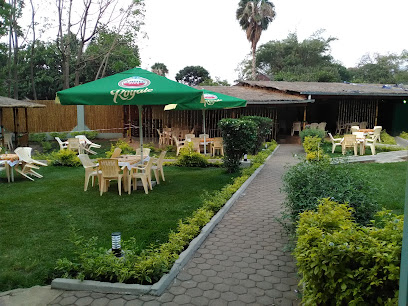
Nobel Kiriri
Discover the vibrant culinary scene at Nobel Kiriri in Bujumbura - where every bite is a celebration of flavor and tradition.
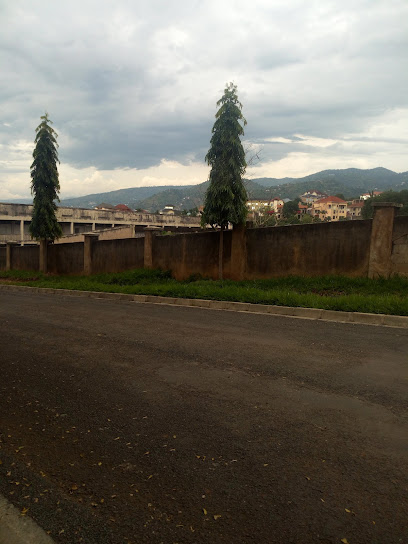
Kiboko Grill
Discover Kiboko Grill in Bujumbura: A family-friendly restaurant offering delicious local cuisine with stunning views of Lake Tanganyika.
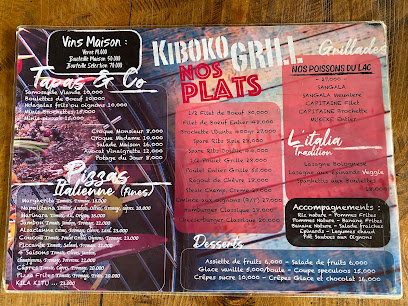
Markets, malls and hidden boutiques
Splash
Discover the rich flavors of Burundian coffee and unwind in the cozy ambiance of Splash, Bujumbura's premier coffee shop.
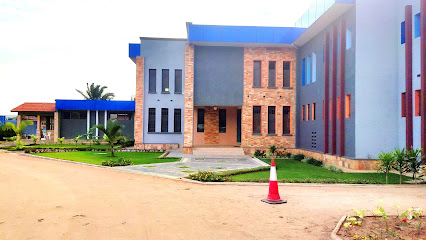
Boucherie Nouvelle
Discover Boucherie Nouvelle in Bujumbura, the ultimate destination for fresh meats and local delicacies to elevate your culinary experience.
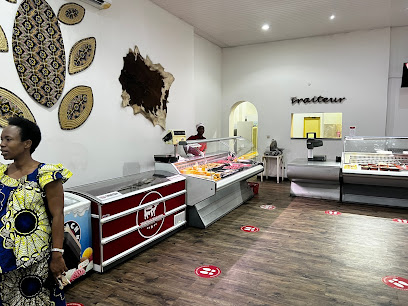
Bururi Forest Nature Reserve
Explore the breathtaking Bururi Forest Nature Reserve, a treasure trove of biodiversity and serene landscapes in Burundi's natural heart.
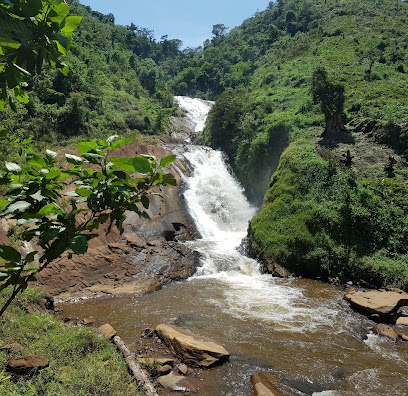
Kilakitu
Explore Kilakitu in Bujumbura for a vibrant shopping and dining experience that showcases the essence of Burundian culture and hospitality.

Kigwena
Discover the vibrant essence of Burundi at Kigwena, a unique wholesaler in Rumonge showcasing local craftsmanship and cultural treasures.
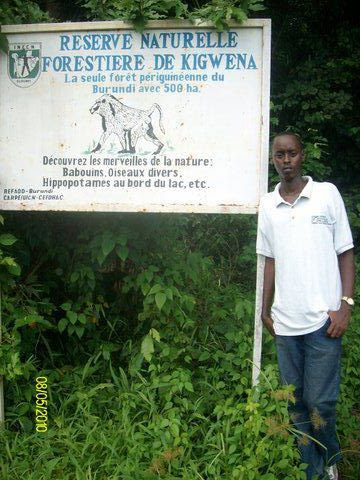
Essential bars & hidden hideouts
Vinothèque ZILLIKEN
Experience the finest wines and culinary delights at Vinothèque ZILLIKEN in Bujumbura, where every sip tells a story.
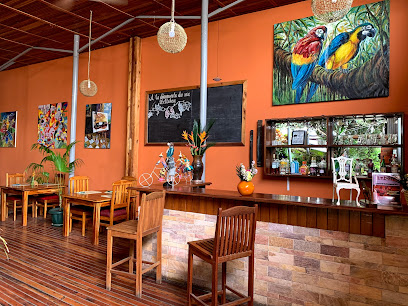
World Beach Bujumbura
Discover the beauty and culture at World Beach Bujumbura, where relaxation meets vibrant local flavors and stunning lake views.
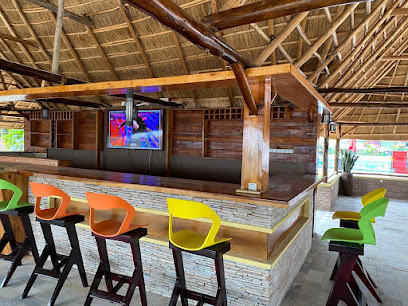
Lacosta Beach
Experience the vibrant atmosphere of Lacosta Beach, where stunning views and local brews create the perfect coastal retreat in Bujumbura.
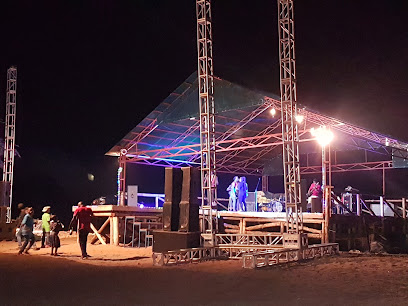
Nyabugete Beach Resto-bar
Experience the vibrant flavors of Burundi at Nyabugete Beach Resto-bar, where stunning lake views and delectable cuisine await every traveler.
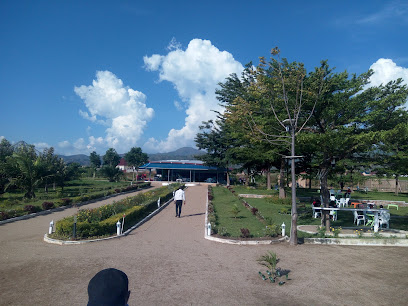
Nobel Kiriri
Experience the best of grilled cuisine at Nobel Kiriri, a culinary hotspot in Bujumbura known for its delicious flavors and inviting atmosphere.
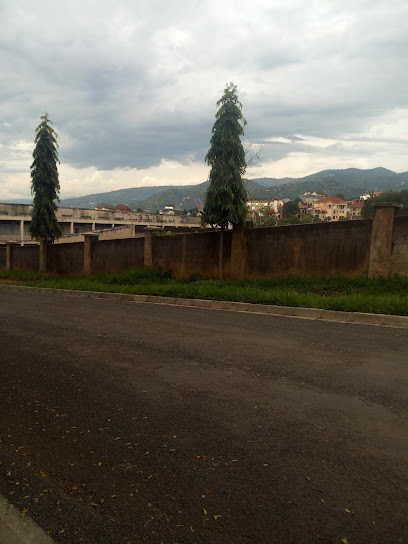
Zanzi Bar
Experience the vibrant nightlife of Bujumbura at Zanzi Bar, where local flavors and live music create unforgettable moments.
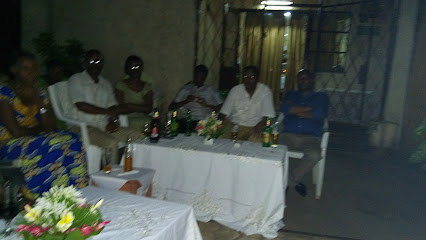
Treibeka Hill Top Ten, snack Bar
Discover Treibeka Hill Top Ten Snack Bar, a lively spot in Bujumbura offering local snacks, drinks, and stunning views of the city.
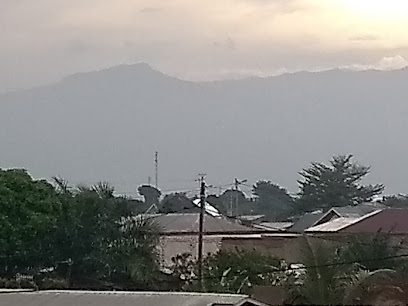
Le Baron
Explore Bujumbura’s vibrant nightlife at Le Baron, where local flavors and lively entertainment create an unforgettable bar experience.
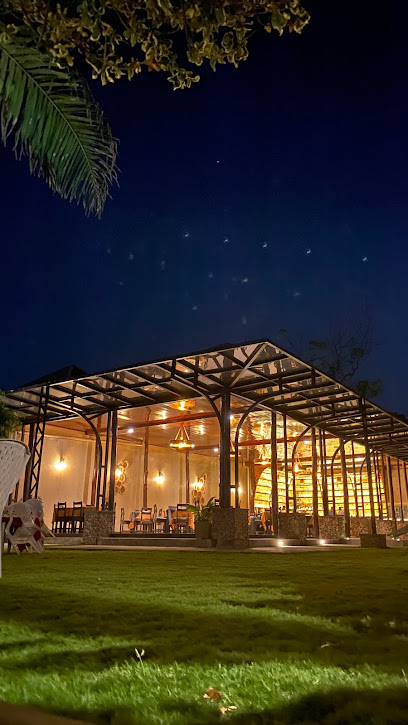
Kiriri Light Bar
Discover Kiriri Light Bar in Bujumbura - a vibrant restaurant offering a delightful mix of local and international cuisine in a lively atmosphere.
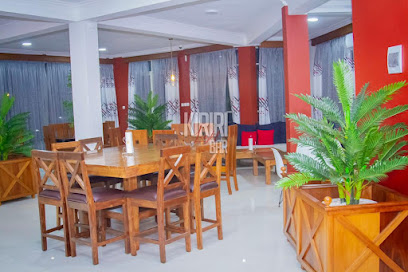
BEST GARDEN RESTO-BAR
Experience the vibrant atmosphere and unique culinary offerings at Best Garden Resto-Bar in Bujumbura's lush oasis.

Kikwetu
Discover the flavors of Burundi at Kikwetu, a charming restaurant in Rumonge known for its delicious local dishes and refreshing lemonades.
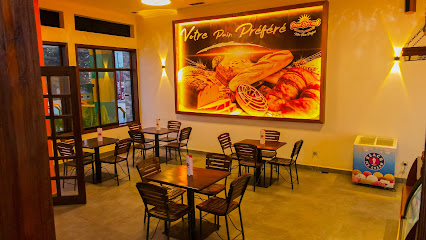
DariCash Bistrot Bar
Experience the vibrant atmosphere of DariCash Bistrot Bar in Nyanza, where local flavors and culture come alive in every drink.
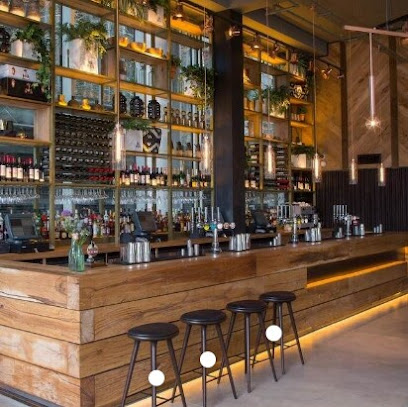
Bar kumusingati
Immerse yourself in the vibrant nightlife of Bujumbura at Bar Kumusingati, a live music bar offering an energetic atmosphere and refreshing drinks.
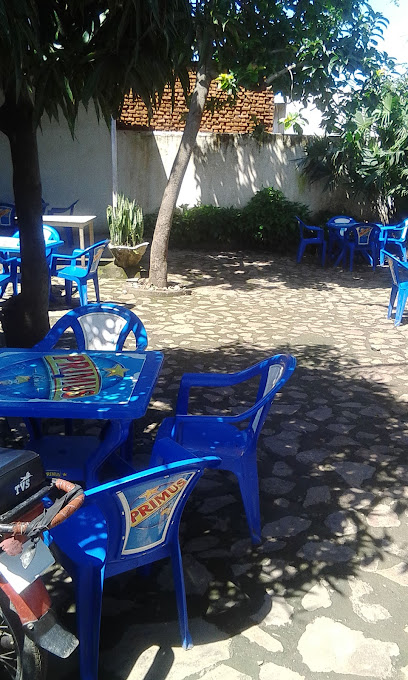
Kigabiro Snack-Bar (Resto)
Discover the vibrant Kigabiro Snack-Bar in Bujumbura, where local flavors meet a lively atmosphere for an unforgettable experience.
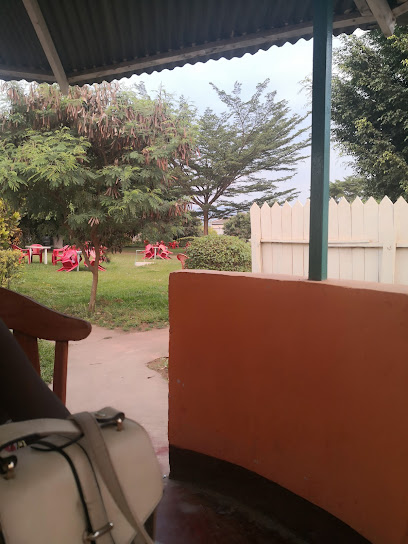
Local Phrases about Kigwena National Reserve
-
- HelloMuraho
[moo-rah-ho] - GoodbyeMurabeho
[moo-rah-beh-ho] - YesEgo
[eh-go] - NoOya
[oh-ya] - Please/You're welcomeUrakoze
[oo-rah-koh-zeh] - Thank youMurakoze
[moo-rah-koh-zeh] - Excuse me/SorryIgisubizo
[ee-gee-soo-bee-zoh] - How are you?Amakuru?
[ah-mah-koo-roo] - Fine. And you?Meza. Na wewe?
[meh-zah. nah-weh-weh] - Do you speak English?Mwakorana igezweho?
[mwah-koh-rah-nah ee-geh-zweh-ho] - I don't understandSindumva
[seen-doom-vah]
- HelloMuraho
-
- I'd like to see the menu, pleaseNdakumenya ikimenyero, mubifashe
[nah-dah-koo-mehn-yah ee-kee-mehn-yeh-roh moo-bee-fah-sheh] - I don't eat meatSiya kuryama
[see-yah koo-ree-yah-mah] - Cheers!Amahoro!
[ah-mah-hoh-roh] - I would like to pay, pleaseNifashije gukora igiterane, mubifashe
[nee-fah-shee-jeh goo-koh-rah ee-gee-teh-rah-neh moo-bee-fah-sheh]
- I'd like to see the menu, pleaseNdakumenya ikimenyero, mubifashe
-
- Help!Ubwira!
[oo-bee-rah] - Go away!Jya ukoreshe!
[zjah oo-koh-reh-sheh] - Call the Police!Sibyuma polisi!
[see-byoo-mah poh-lee-see] - Call a doctor!Sibyuma daktari!
[see-byoo-mah dahk-tah-ree] - I'm lostNdi mbabaye
[ndee mm-bah-bah-yeh] - I'm illNdi nzi
[ndee nn-zee]
- Help!Ubwira!
-
- I'd like to buy...Ndakuramwo...
[nah-dah-koo-rahm-wah] - I'm just lookingNdagira nk'ubona
[nah-gee-rah n-koo-boh-nah] - How much is it?Ni ikihe?
[nee ee-kee-heh] - That's too expensiveIyo ni yararangiye
[ee-yoh nee yah-rah-rahn-gee-yeh] - Can you lower the price?Mwemereze umurengere
[mweh-meh-reh-zeh oo-moo-rehn-geh-reh]
- I'd like to buy...Ndakuramwo...
-
- What time is it?Saa ngapi?
[sah-ah ngah-pee] - It's one o'clockNi saa munani
[nee sah-ah moo-nah-nee] - Half past (10)I saa zikumi n'umunani
[ee sah-ah zee-koo-mee nn-oo-moo-nah-nee] - MorningKu mugitondo
[koo moo-gee-tohn-doh] - AfternoonKu mugitonde
[koo moo-gee-tohn-deh] - EveningKu mugitondo
[koo moo-gee-tohn-doh] - YesterdayEjo
[eh-joh] - TodayEjo
[eh-joh] - TomorrowEjo
[eh-joh] - 1Rimwe
[ree-mweh] - 2Kabiri
[kah-bee-ree] - 3Gatatu
[gah-tah-too] - 4Kane
[kah-neh] - 5Gatanu
[gah-tah-noo] - 6Gatandatu
[gah-tahn-dah-too] - 7Kumana
[koo-mah-nah] - 8Kuminani
[koo-mee-nah-nee] - 9Icenda
[ee-chen-dah] - 10Icyenda
[ee-chee-en-dah]
- What time is it?Saa ngapi?
-
- Where's a/the...?Ikihe kuri...?
[ee-kee-heh koo-ree] - What's the address?Igikoresho ni ikihe?
[ee-gee-koh-reh-shoh nee ee-kee-heh] - Can you show me (on the map)?Mwemereze kungera (kuri ikiyerekezo)?
[mweh-meh-reh-zeh koo-ngeh-rah koo-ree ee-kee-yeh-reh-keh-zoh] - When's the next (bus)?Ikihe cyabaye (bus)?
[ee-kee-heh chah-bah-yeh] - A ticket (to ....)Igisha (ku ...)
[ee-gee-shah koo]
- Where's a/the...?Ikihe kuri...?
History of Kigwena National Reserve
-
The area now known as Kigwena National Reserve has been inhabited by various local communities for centuries. The indigenous people used the land for subsistence farming, hunting, and gathering. They also held deep spiritual beliefs tied to the forests, which were considered sacred and were often the site of traditional rituals and ceremonies.
-
During the late 19th and early 20th centuries, Burundi came under German and later Belgian colonial rule. The colonial administrators imposed new land-use policies that significantly affected the local communities. Traditional practices were often disrupted, and large tracts of land were designated for extraction of natural resources, impacting the ecology of the region.
-
In the mid-20th century, recognizing the ecological and cultural importance of the area, the Burundi government established Kigwena National Reserve. The reserve was created to protect the diverse flora and fauna, as well as to preserve the historical and cultural heritage of the local communities. The establishment of the reserve marked a shift towards conservation, aiming to balance ecological preservation with sustainable use.
-
Kigwena National Reserve is renowned for its rich biodiversity, including numerous species of plants, birds, and mammals. Throughout the years, various conservation projects have been implemented to protect endangered species and their habitats. The reserve has become a focal point for ecological research and environmental education, attracting scientists and nature enthusiasts from around the world.
-
The reserve not only serves as a natural sanctuary but also as a repository of cultural heritage. Local communities actively participate in the management and conservation of the reserve, integrating traditional knowledge with modern conservation practices. Various cultural festivals and events are held within the reserve, celebrating the rich cultural tapestry of the region.
-
In recent decades, Kigwena National Reserve has become a popular destination for eco-tourism. Efforts have been made to develop sustainable tourism infrastructure, including eco-lodges and guided tours. This development has provided economic opportunities for local communities while promoting environmental conservation and cultural preservation.
Kigwena National Reserve Essentials
-
Kigwena National Reserve is located in the southwestern part of Burundi, near the town of Nyanza-Lac. The nearest international airport is Bujumbura International Airport, approximately 120 kilometers away. From Bujumbura, you can take a taxi or a bus to Nyanza-Lac, and then a local taxi or arranged transport to the reserve. The journey typically takes around 3 to 4 hours by road.
-
While visiting Kigwena National Reserve, the primary modes of transportation are local taxis and private vehicles. It is advisable to arrange transportation in advance through your hotel or a local travel agency. Public buses are available but can be less reliable and may not take you directly to the reserve. Renting a car with a driver who is familiar with the area can also be a convenient option.
-
The official currency in Burundi is the Burundian Franc (BIF). It is advisable to carry cash, as credit cards are not widely accepted, especially in rural areas and smaller establishments. ATMs are available in major towns like Bujumbura and Nyanza-Lac, but it is wise to withdraw sufficient cash before traveling to Kigwena National Reserve.
-
Kigwena National Reserve is generally a safe destination for tourists. However, it is important to take standard safety precautions. Avoid walking alone at night and keep an eye on your belongings in crowded areas. While the reserve itself is safe, some areas in nearby towns may have higher crime rates, particularly those targeting tourists. It is advisable to stay in well-reviewed accommodations and avoid carrying large amounts of cash or valuables.
-
In case of an emergency, dial 112 for immediate assistance. There are local police stations and medical facilities in Nyanza-Lac. It is recommended to have travel insurance that covers medical emergencies. For minor health issues, there are pharmacies in Nyanza-Lac where you can purchase over-the-counter medications. Always keep a list of emergency contacts and the address of your accommodation.
-
Fashion: Do dress modestly, especially when visiting local communities. Avoid wearing revealing clothing. Religion: Do respect local customs and traditions. Be mindful of cultural sensitivities when visiting religious sites. Public Transport: Do be respectful and courteous. Avoid eating or drinking on public transport. Greetings: Do greet people with a handshake or a slight bow of the head as a sign of respect. Eating & Drinking: Do try local delicacies and accept food offerings graciously. Don’t refuse hospitality, as it is considered impolite.
-
To experience Kigwena National Reserve like a local, visit the local markets in Nyanza-Lac where you can buy fresh produce and traditional Burundian goods. Engage with locals, as they are often friendly and willing to share stories about the area’s history and culture. Don’t miss the guided nature walks in the reserve, which offer a chance to see the unique flora and fauna up close. For a unique experience, consider participating in community-based tourism activities that support local livelihoods.
Nearby Cities to Kigwena National Reserve
-
Things To Do in Bururi
-
Things To Do in Kigoma
-
Things To Do in Bujumbura
-
Things To Do in Gitega
-
Things To Do in Muramvya
-
Things To Do in Kayanza
-
Things To Do in Ngozi
-
Things To Do in Cibitoke
-
Things To Do in Muyinga
-
Things To Do in Butare
-
Things To Do in Kirundo
-
Things To Do in Karongi
-
Things To Do in Nyamata
-
Things To Do in Muhanga
-
Things To Do in Kibuye




